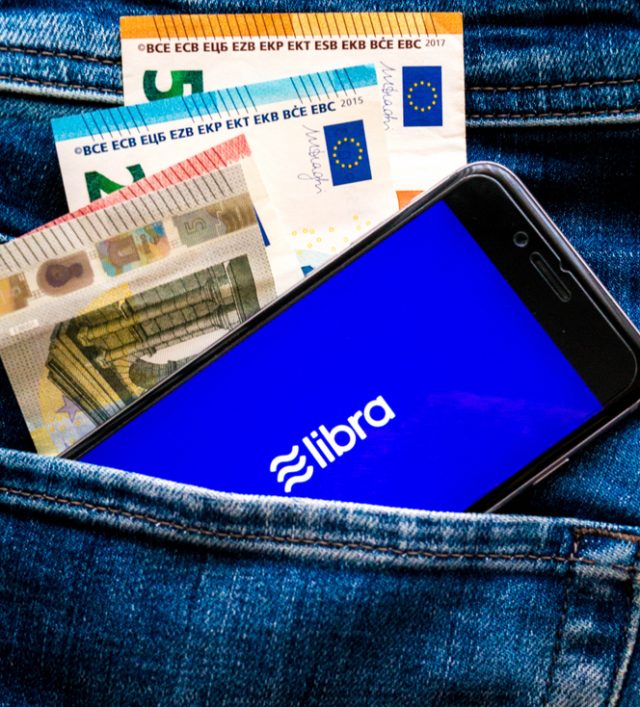EU Banks might have an instant-payment solution by the end of 2020, according to a news article by Reuters, citing finance industry’s spokespersons. This seems to be one of the first reactions by the financial sector to Facebook’s Libra announcement last week.
The news
According to this article, real-time payments have been possible in the nineteen-euro-block since 2017, but only close to 60% of them have joined this system. It seems that the Libra project was the trigger to move finance executives to offer their customers a 21st-century solution for their money transfer needs.
The European Payments Council (EPC) standard for instant payments has been adopted by major banking institutions, such as Santander, Deutsche Bank, and Societé Generale.
But, the issue with the current situation, in which only 60% of the banking institutions and payment service providers have adopted the system, is that a transaction could fail if the transaction involved a bank outside the system. That might reduce the trust in this service.
The Trust Problem
Currently, this system is used within each country but does not operate across borders. The article mentions that for it to work across boundaries “existing clearing and settlement mechanisms should cover the whole euro zone”.
Currently, several private clearinghouses are using the EPC standard, including EBA, Iberpay(Spain) and Nexy (Italy). Also, the ECB has its own service, TIPS (Target Instant Payment Settlement), launched last November. The problem is that each system covers a different geographic zone, so instant payments are not possible if the parties do not share the same clearinghouse.
Therefore, to get a payment system covering the Eurozone, they will need to fix this situation, by using just one settlement house or forcing all clearing institutions to adopt the same standard and inter-operate among them.
Facebook’s Libra advantages
From all this, it is clear that the European institutions have a long road in their pursuit to create a system for monetary transactions within the Eurozone, but which wouldn’t work abroad.
The clearinghouse problem is the persistent problem of trust that the blockchain technology came to solve. If Libra’s release does not get delayed, its solution will take all this European system this by the storm. Not only will it be cheaper, since there wouldn’t be the need to pay any clearinghouse, but, with proper care, it would allow monetary transfers from person to person or person to business with a lot more privacy than registered transactions through a banking system. Libra would also allow transactions regardless of the country of the sender and receiver.
If banks don’t try to create a joint system together with a blockchain company such as Ripple, they will miserably fail against Libra.



